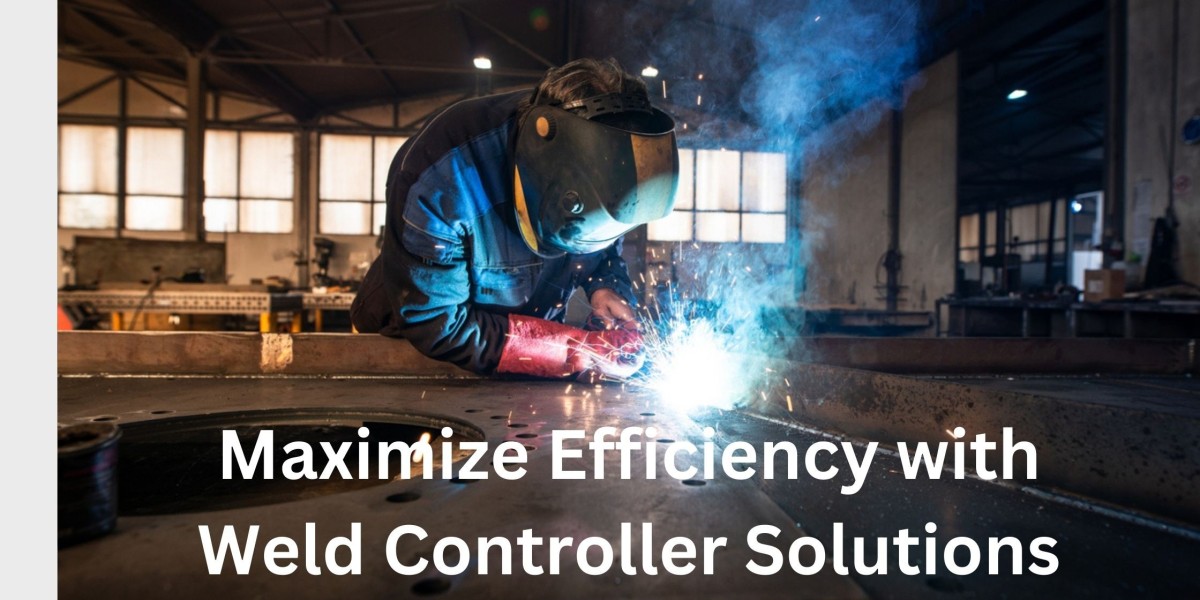Welcome to Proteus Industries Inc., your premier destination for weld controller solutions designed to maximize efficiency and productivity in welding operations. Weld controllers are crucial in optimizing welding processes and ensuring precise control over current, voltage, and speed parameters. In this comprehensive guide, we'll explore the importance of weld controller and their benefits and showcase how Proteus Industries Inc. can help you streamline your welding operations for optimal performance.
Understanding the Significance of Weld Controllers
Weld controllers are advanced devices used in welding applications to regulate and monitor real-time welding parameters. By providing precise control over factors such as heat input, arc stability, and weld bead geometry, weld controllers enable welders to achieve consistent, high-quality welds with minimal defects. Whether in manual, semi-automatic, or fully automated welding processes, weld controllers are pivotal in optimizing efficiency, improving weld quality, and reducing rework.
Weld Controller Solutions: Enhancing Welding Performance
Proteus Industries Inc. offers a comprehensive range of weld controller solutions tailored to meet the diverse needs of welding applications:
Digital Weld Controllers: Advanced digital controllers with intuitive interfaces and programmable settings for precise control over welding parameters.
Pulse Weld Controllers: Pulse welding controllers that deliver pulsed current output for improved arc stability, reduced spatter, and enhanced control over heat input.
Microprocessor-Based Controllers: Microprocessor-based controllers equipped with advanced algorithms for dynamic control and adaptive welding strategies.
Unlocking the Benefits of Weld Controllers
Weld controllers offer several key benefits for welding operations:
Improved Weld Quality: By maintaining consistent welding parameters, weld controllers help produce high-quality welds with minimal defects, ensuring superior strength and integrity.
Increased Productivity: Optimized welding processes lead to increased productivity, reduced downtime, and faster cycle times, allowing for higher throughput and output.
Reduced Operating Costs: With precise control over parameters such as energy consumption and consumable usage, weld controllers help minimize waste and operating expenses.
Read more: Maximize Savings: Best Water Saver Products Revealed
Conclusion
Elevate your welding operations with Proteus Industries Inc. Our cutting-edge solutions empower welders with innovative technology and reliable equipment, ensuring precision, efficiency, and safety in every project. With a commitment to excellence and decades of industry experience, Proteus Industries Inc. is your trusted partner for enhancing productivity and quality in welding operations. Explore our products and services today to advance your welding capabilities.
Addressing Frequently Asked Questions (FAQs) about Weld Controllers
- What is a weld controller, and how does it work?
A weld controller regulates and monitors welding parameters such as current, voltage, and speed, ensuring consistent and high-quality welds.
- What types of welding processes can benefit from weld controllers?
Weld controllers are suitable for various welding processes, including arc welding, resistance welding, laser welding, and electron beam welding.
- How do weld controllers contribute to welding process optimization?
Weld controllers optimize welding processes by providing precise control over parameters, minimizing defects, and maximizing efficiency and productivity.
- Can weld controllers be integrated into existing welding systems?
Yes, many weld controllers are designed for easy integration into existing welding systems and offer compatibility with a wide range of welding equipment and machinery.
- What factors should be considered when selecting a weld controller?
Factors to consider include:
- The welding process.
- Desired features and functionalities.
- Compatibility with existing equipment.
- Budget considerations.
- Are weld controllers suitable for manual and automated welding processes?
Yes, weld controllers can be used in manual and automated welding processes, providing precise control and monitoring capabilities regardless of the operation's complexity.
- How do weld controllers help minimize welding defects and rework?
By maintaining consistent welding parameters and monitoring process variables, weld controllers help minimize defects such as porosity, undercutting, and incomplete fusion, reducing the need for rework.
- Can weld controllers improve welder safety and ergonomics?
Yes, weld controllers contribute to improved welder safety and ergonomics by optimizing welding processes and minimizing exposure to hazards such as heat, fumes, and radiation.
- What maintenance is required for weld controllers?
Maintenance requirements vary depending on the type and model of the weld controller but typically involve periodic calibration, inspection, and software updates.
- How can businesses benefit from partnering with Proteus Industries Inc. for weld controller solutions?
Businesses can benefit from Proteus Industries Inc.'s expertise, innovative solutions, and personalized support in selecting, integrating, and optimizing weld controller solutions for their needs and applications.








